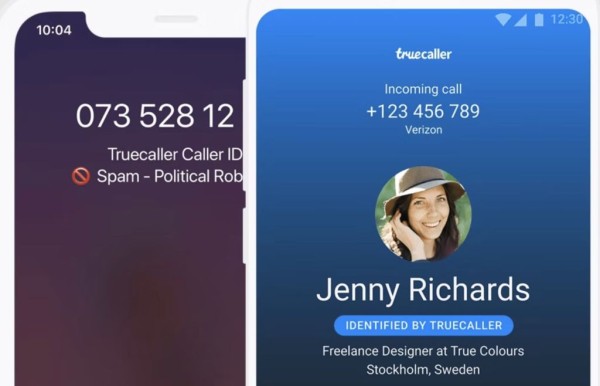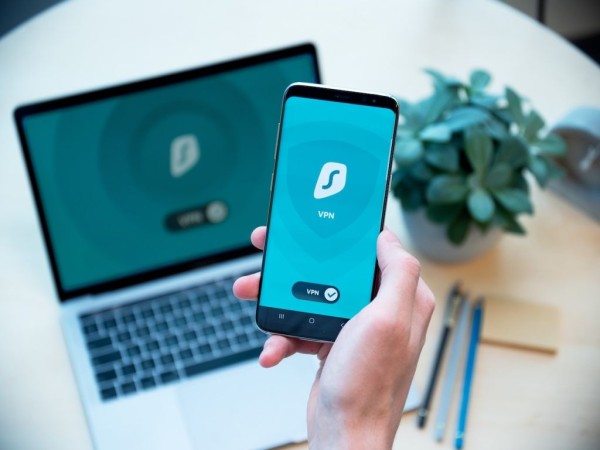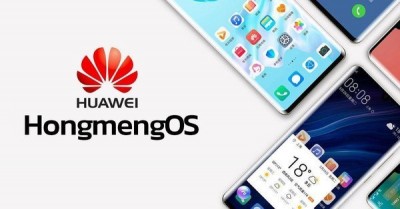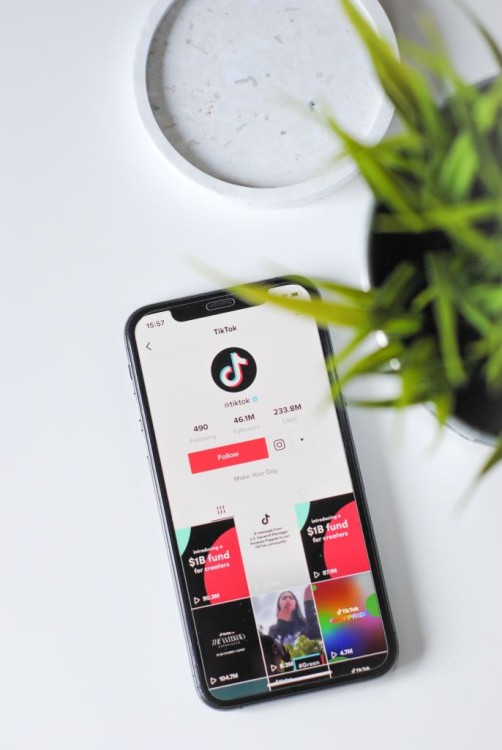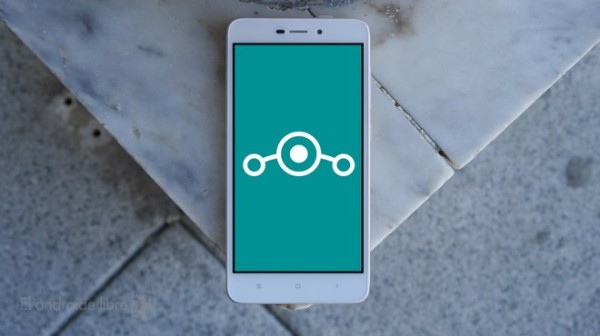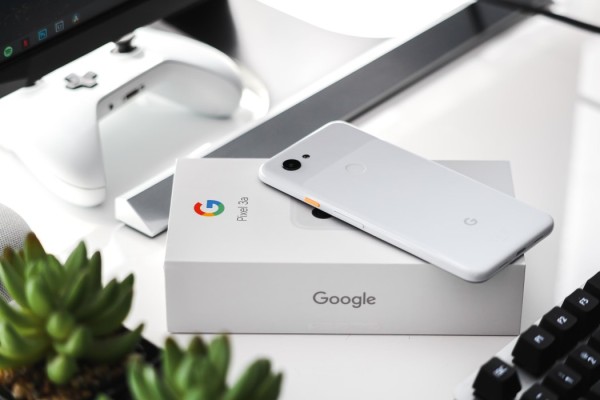In This Article
Starting a mobile app development project is exciting, like launching a new product, improving existing services, or trying something new. As we begin this journey, one critical aspect that should be considered is selecting the right partner to help bring your vision to life. A successful collaboration guarantees that a quality app is developed that resonates with users and achieves your business goals.
Here’s a comprehensive guide to help you identify and evaluate the key factors to consider when choosing a mobile app development partner.
1. Expertise and Experience

One should prioritize the skills, years of service, and proven track record of the potential mobile app developer. It would help if you considered partnering with someone who has delivered and maintained successful apps, especially those related to your industry or similar to yours.
For instance, companies like Altenar at https://altenar.com/services/mobile-app/ can be excellent candidates for collaboration if you’re planning to succeed in the sports betting industry. They can prove how much they have worked in the field through a portfolio of successfully delivered apps, case studies, and client testimonials.
- Industry Knowledge: Ensure the developer or agency deeply understands your industry and has developed apps in a similar sector.
- Portfolio Review: A portfolio of their past projects will help you evaluate and analyze whether they’ve built apps with features or complexity similar to what you want in your project.
- Years in Business: Longevity in the market often reflects reliability and adaptability.
2. Technical Skills and Technologies

The tech world is ever-changing, especially regarding mobile app development, due to advancements and the addition of new technologies. Ensure that your partner is competent in using the latest technologies and skilled in platforms that suit your project.
When evaluating their technical skills regarding your project needs, you should consider whether their team specializes in native app development on iOS and Android platforms, full-stack capabilities, or new and upcoming innovative tech like Augmented Reality (AR), Virtual Reality (VR), or Artificial Intelligence (AI).
- Tech Stack: Check whether they are proficient in technologies such as iOS, Android, React Native, Flutter, or any other tech stack you may need for your app development.
- Full-Stack Capabilities: Ensure the partner and its team can handle front-end, back-end, and database development.
- Innovative Tech: Verify if they have expertise in emerging technologies like AI, AR/VR, blockchain, or IoT and if any of these are relevant to your project.
3. Development Process and Methodology

It is important to assess and evaluate the app development process for smooth project execution. A clear and organized process and methodology should keep your project in line, within budget, and able to meet deadlines.
App development partners commonly follow methodologies like agile, scrum, waterfall, or hybrid, depending on the project’s complexity. Each methodology is good in its own way, so when selecting a partner for the project, you need to consider whether their approach best suits your working style.
- Agile/Waterfall/Scrum/Hybrid: Choose a dev partner whose development methodology aligns with your project’s needs (Agile for iterative development, Waterfall for structured projects, Scrum for quickly getting the work done).
- Project Management Tools: Ensure they use reliable tools like Jira, Trello, or Asana to promote transparency and enhance team collaboration.
- Clear Milestones and Timelines: At the beginning of the project, ask for a detailed roadmap with clearly defined phases, deliverables, and deadlines.
4. Quality Assurance and Testing

Quality assurance (QA) and testing are the only ways to develop error-free applications. Your partner must be able to identify and resolve problems through thorough QA of the app before it reaches the users to deliver a seamless user experience.
Ask them about the different tests they carry out, such as manual and automated ones, including performance, usability, and security testing, to minimize the risk of post-launch bugs affecting the app’s success.
- Dedicated QA Team: Ensure the dev agency has a separate team or department for thorough testing across different devices, screen sizes, and network conditions.
- Testing Approach: Inquire about their testing methodologies, including manual, automated, usability, security, and performance testing.
- Bug Fixing & Support: Understand their process for identifying, reporting, and fixing bugs during and post-development.
5. Design and User Experience (UX)

A great app is defined by its functionality and the quality of its design (UI) and user experience (UX). For your mobile app to be successful, it must have an attractive layout and provide a good user experience. It also needs to follow a certain design process, which includes user research, wireframing, prototyping, and user testing.
You need to evaluate the design skills of your potential partners and how they handle UI/UX. Seek partners who prioritize a user-centered approach to design and have worked on simple yet visually appealing interfaces.
- Design Portfolio: Review their design work to assess creativity, functionality, and user-centric design.
- UX/UI Expertise: Choose a partner with a dedicated team experienced in crafting intuitive and user-friendly app interfaces.
- User Testing: Ensure the team conducts usability testing with real users to optimize the app experience before launch.
6. Communication and Collaboration

Effective communication and collaboration are the cornerstones of the app development project’s success. Therefore, it is important to select partners who communicate well, have a responsive team, are transparent, and openly share information and updates throughout the development cycle.
Approaching a project as a team will mean that you have your say at important points, that your feedback is incorporated throughout the development process, and that you are involved in key decisions. You may also need to determine their communication medium and whether you are familiar with that.
- Responsive Communication: Look for a partner who is responsive, transparent, and open to regular updates and meetings.
- Dedicated Point of Contact: See if you can request a dedicated project manager who can help streamline overall communication.
- Time Zone and Language: Consider whether their working hours and language proficiency match your communication needs.
7. Support and Maintenance
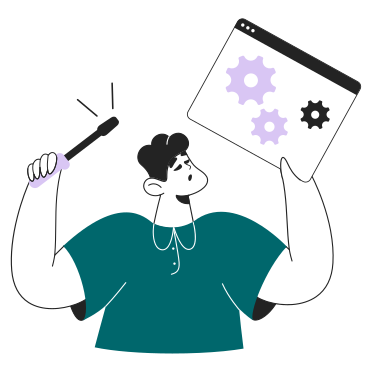
App development doesn’t stop at launch; post-launch support and ongoing maintenance are critical for the long-term success of your app, as they help you deal with problems and feature enhancements.
Ensure the partner offers continuous assistance and is prepared to handle issues after the product launch. This involves fixing bugs, updating the system, and attending to user feedback.
- Post-launch Support: Verify if they offer ongoing support for bug fixes, updates, and enhancements after launch and ensure turnaround times for urgent issues.
- Maintenance Contracts: Ask about their long-term software maintenance and upgrade terms to ensure your app remains compatible with technology changes and OS updates.
- Flexibility for Changes: Understand how they handle updates and new feature requests after delivering the project.
8. Cost and Budget

Although you should not only consider the cost, you must know how the partner prices its services to ensure they align with the quality and what you can afford.
Ask for a comprehensive proposal detailing a complete breakdown of costs linked to development, design, testing, post-launch maintenance, and other services offered, if any.
- Transparent Pricing: Ensure they provide a clear breakdown of costs, including development, design, QA, and ongoing support.
- Budget Alignment: Choose a partner whose pricing structure fits your financial limits without sacrificing quality.
- Hidden Costs: Ask upfront about any potential additional costs that could be linked with future upgrades or unforeseen challenges. Everything needs to be outlined in the contract.
9. Reputation and References
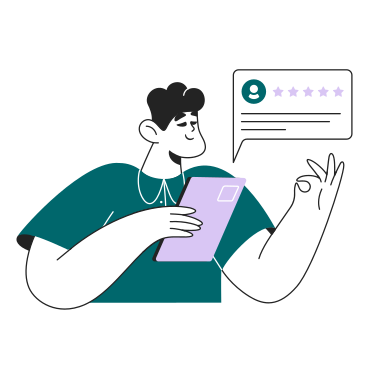
The reputation of a potential app development partner is a reflection of their work ethic and success. You need to thoroughly research their reputation in the industry by looking into the ratings, online reviews, and any industry recognition they have received in the past. All of these provide valuable information and help you make an informed decision.
Suppose you cannot find any industry recognition or trustworthy online reviews. In that case, it is recommended to seek references from past clients to gain insights into their working relationship, reliability, and overall performance.
- Client Reviews: Check reviews and ratings on trustworthy platforms like Clutch, GoodFirms, and Upwork.
- Ask for References: You may request references from previous clients to get honest feedback about their experiences with the partner and their reliability and performance.
- Awards and Recognitions: Aspects like awards, recognitions, and certifications from reputable organizations can clearly indicate quality and trustworthiness.
10. Cultural Fit and Values

Cultural fit and values are often overlooked but are critical to the success of partnership and app development. A shared vision, values, and work ethic can enhance collaboration and ensure a smoother development process.
Choose a partner whose company’s culture, work ethic, and business vision align with your own. If your app is region-specific, they must understand your target market and user needs.
- Shared Vision: Ensure the dev team understands your business goals and your vision for the app.
- Work Ethic: Evaluate their work culture, values, and approach to problem-solving to ensure they align with your team’s.
- Long-Term Relationship: Consider whether the partner is interested in a long-term relationship, as app development is usually ongoing.
Concluding Thoughts
Choosing the right development partner requires careful consideration and evaluation of multiple factors, which we have highlighted and discussed above. These will better prepare you to select an app development partner who can effectively complete your project.
Balancing technical proficiency with good communication, shared values, and transparent pricing will significantly impact the success of your mobile app development project. It would be best to prioritize a partner with expertise in the field who understands your business goals and can adapt to your long-term app development needs.
